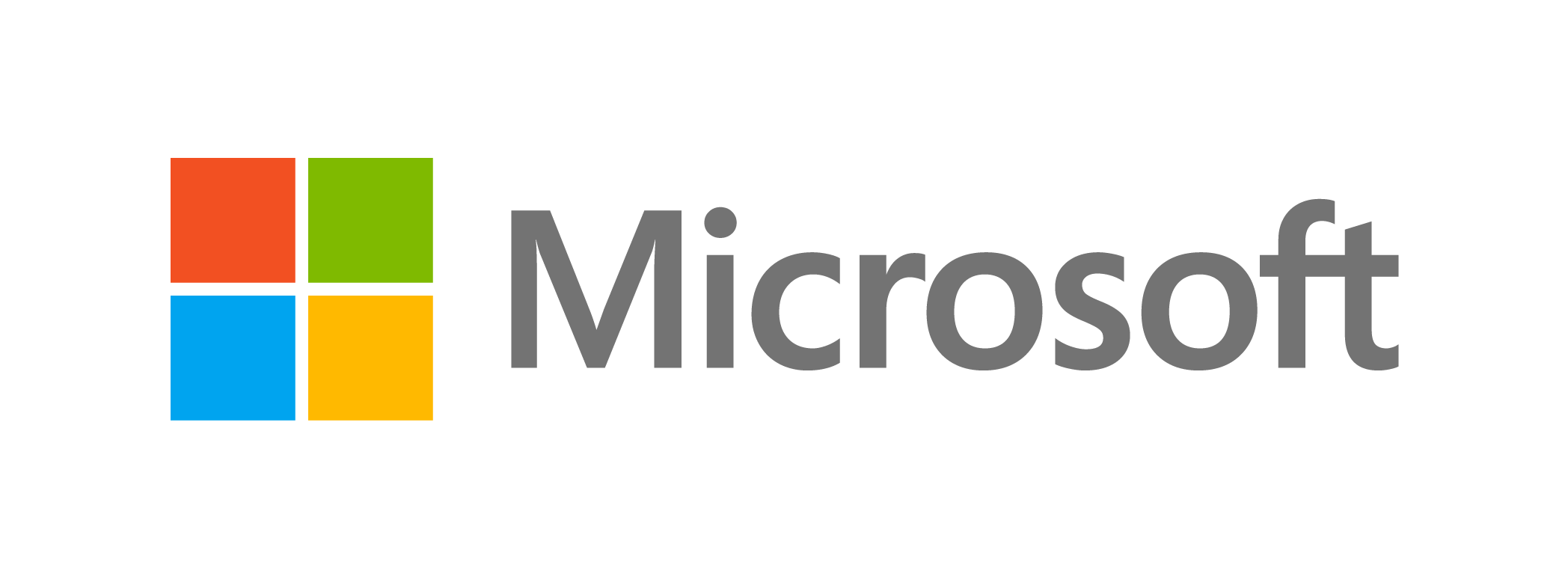sponsor content What's this?

Digital Avengers: Five Unifying Factors Shaping the Battle Against Global Cybercrime
Presented by
Microsoft

As cyber threats evolve, our most potent weapon is collective action. Governments, industries, and international partners must join forces against digital adversaries to proactively navigate this dynamic cybersecurity realm.
There are five key factors shaping the ongoing battle against cybercrime. Together, they outline a shared framework for collective defense, drawing inspiration from the National Cybersecurity Strategy's goals and integrating best practices and lessons learned from Microsoft's Digital Crimes Unit (DCU). By uniting the efforts of law enforcement, security firms, researchers, non-governmental organizations (NGOs), and individuals, we can enable better transparency and information exchange against unprecedented cyber threats.
Factor One: United in Threat Intelligence
Shared threat intelligence is the bedrock of a robust cyber defense strategy. This requires information sharing, continuous vigilance in tracking adversarial activities, revealing undisclosed threat actors, and ensuring unwavering protection for on-premise servers.
Microsoft aims to play a central role in this collective endeavor by fostering deep relationships with our customers and their security teams. Since 2008, Microsoft’s DCU has been at the forefront of battling cybercrime, including timely victim remediation, regularly publishing security intelligence reports, and engaging in various threat information-sharing platforms. These efforts serve to empower organizations, security professionals, and the broader community to stay informed, well-protected, and ahead of the ever-evolving landscape of cyber threats.
Take the collective support of Ukraine against the cyber war launched by Russia. Industry leaders collaborated with Ukrainian government agencies and their security teams to offer technical assistance, threat intelligence, and cybersecurity resources that provided timely insight into threat actors and their tactics — enhancing the nation's cyber defenses. Efforts like these showcase the growing need to share threat intelligence at speed and scale for better cyber security.
Factor Two: United in Innovation
New technologies are transforming cybersecurity by enhancing threat detection and real-time monitoring. Specifically, AI plays a pivotal role in ensuring the security of endpoints, networks, and IoT devices, offering predictive threat intelligence and automating incident responses. Stakeholders need collective access to emerging tech, tools, and education around AI to help them understand it.
While AI's efficiency in threat detection is undeniable, challenges like defining cybersecurity approaches, addressing skill shortages, and fostering inter-team collaboration must also be addressed. As such, Microsoft collaborates to provide guidance to build defense into AI and ML systems, tackling vulnerabilities like "adversarial ML" systematically and promoting our Secure Future Initiative to advance the next generation of cybersecurity protection.
By embracing innovation and emerging tech education, we can collectively strengthen our cybersecurity defenses, promote innovation, and ensure the responsible use of AI in safeguarding our digital world.
Factor Three: United in Resilience
Industry must collaborate on concrete requirements for "secure by design" and "secure by default" concepts, ensuring that the focus remains on delivering tangible outcomes for enhanced resilience. Elevating cybersecurity as a whole is intrinsically tied to the security of supply chain ecosystems and the specialized insights into IoT and OT security.
The growing threat of tools aimed at compromising IT supply chains underscores the importance of Zero Trust architecture throughout the entire software development, deployment, and update lifecycle. Additionally, robust identity and access management solutions, including multi-factor authentication, ensure that only authorized users and devices can access resources. In systems like OT, where software updates are less straightforward, maintaining a strong system inventory is crucial for understanding the equipment's presence and its vulnerability to specific attacks.
The Microsoft Security Response Center (MSRC) stands as a critical pillar in the defender community, leading the evolution of security response. For over two decades, MSRC has collaborated with security researchers to protect customers and the broader ecosystem. Operating as an integral component of Microsoft's Cyber Defense Operations Center (CDOC), MSRC unites security response experts from across the company to safeguard, detect, and respond to threats in real time.
Factor Four: United in Standards
Security and risk management are often organized around organizational silos, driven by internal structures. Attackers exploit vulnerabilities across these silos, necessitating a holistic approach to risk management at the organizational level. This requires standardizing security approaches across different teams within an organization, emphasizing the importance of a common language for managing cyber risk.
Microsoft's extensive documentation, threat intelligence sharing, and cybersecurity partnerships help advance these global standards. For example, the Microsoft Defender for Cloud platform serves as a compass for organizations seeking to adhere to industry-standard cybersecurity practices, providing invaluable insights, best practices, and recommendations to enhance security postures.
As a founding member of the Cybersecurity Tech Accord, a coalition of leading technology companies committed to safeguarding individuals in the digital realm, Microsoft focuses on enhancing the security, stability, and resilience of cyberspace through a wide range of initiatives.
Ultimately, the larger cyber community must come together to create shared standards and best practices for the collective development and refinement of global cyber standards.
Factor Five: United in Education
A culture of shared vigilance must be instituted to make reporting suspicious activities accessible and straightforward. Empowering the workforce with education and advanced security tools allows them to actively guard against ever-evolving digital threats.
Industry and government alike must offer ongoing training that helps employees understand the risks they face and the best ways to protect the organization. Training must be designed to increase engagement and go beyond compliance, facilitating early detection and response and contextualizing risks based on the employees’ work.
Microsoft is making substantial investments in educating and upskilling its workforce. The Microsoft Security Awareness Program and Microsoft Learn enhance employees' knowledge and skills in cybersecurity, and Microsoft's "Data Loss Prevention" (DLP) tool empowers organizations to monitor and protect sensitive information. By integrating this technology into the work environment, Microsoft employees actively participate in safeguarding critical data and mitigating the risk of insider threats.
Leading the Charge
Microsoft is committed to leading cybersecurity transformation — standing shoulder-to-shoulder with governments and the greater cyber community to power collective defense. Fighting cybercrime is a true team sport, and all digital avengers must unite in our mission to extend collaborative defense across borders, industries, and international partnerships.
This content is made possible by our sponsor Microsoft; it is not written by and does not necessarily reflect the views of GovExec’s editorial staff
NEXT STORY: Agile transformation: How federal agencies can speed up services and cut costs






